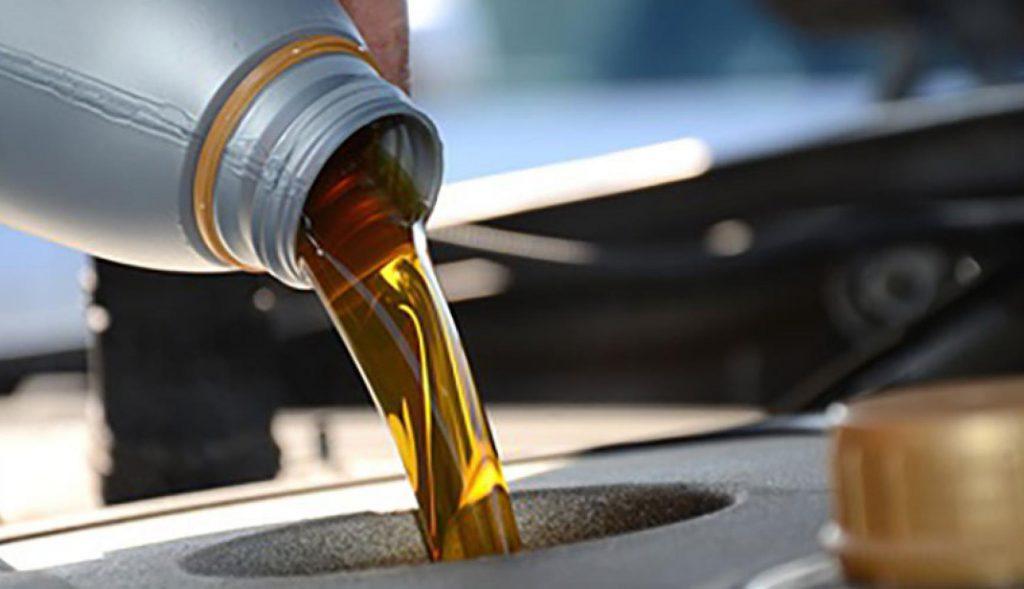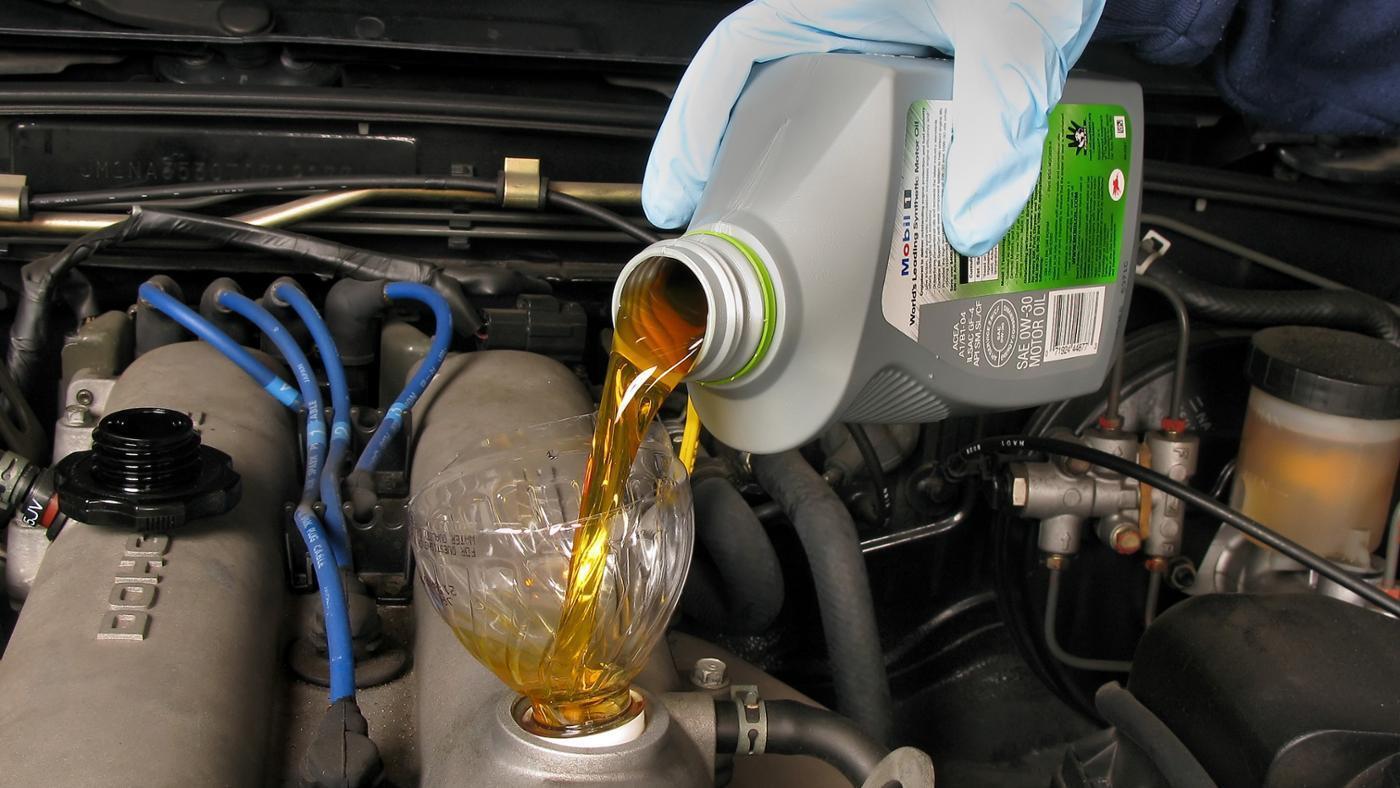There are too many types of oil running in the car that people usually confuse between oil types and usage. Do questions like, “Is engine oil the same as transmission oil,” run through your head too? Is it a query that you have been asking around for a while now? If yes, then you are in the right place. All your confusion will be clarified below.
Contents
Is Engine Oil The Same As Transmission Oil? Know Here!
The engine oil and the transmission oil are not the same thing! Some people mistake it to be the same, but the scenario is quite the opposite. Read below, and find out the actual difference between the two.
1. Functions
Motor oil is utilized for lubricating or aptly greasing the internal combustion engine. In simple terms, motor oil comes in useful when friction between moving parts needs to be minimized, and the engine needs to be clear of sludge.
On the other hand, transmission oil is utilized by the steering system to maintain its smooth operation. Transmission oil generally comes to use in automatic transmission vehicles and upkeeps the communication of the gear system in the finest manner possible. This is the major difference that clarifies your doubt “Is engine oil the same as transmission oil”.
Read more:

2. Appearance & other properties
Motor oil is amber in color, but over usage, it may become darker. The murky color is an indication of high heat, the presence of contaminants, and the existence of contaminants. As far as transmission oil is concerned, its color ranges from red to green. Another major difference comes in the usage time frame.
Motor oil needs to be drained out from time to time to eliminate the contaminants that must have been collected. The same thing is not the case for ATF (Automatic Transmission Fluid). The latter is rather a closed system that does not see any contaminants and lasts for a longer period.
3. Purpose
The engine oil is appropriate for improving sealing, maintaining the engine’s cool, safeguarding against rust and corrosion, keeping the engine devoid of sludge, and for, of course, lubrication of the engine parts. Whereas, when it comes to transmission oil, the role changes a bit.
The ATF lubricates the transmission parts, cools the transmission, and ensures the smooth operation of hydraulic parts. Apart from this, the ATF safeguards the transmission against rust and corrosion and also offers help with sealing. Refer to maintenance tips to know more about how to check transmission fluid for manual or auto cars.

What Happens If You Put Engine Oil In The Transmission System?
Putting engine oil in the transmission system can cause serious damage from irritating to deadly. Here’s what can happen if engine oil is mistakenly added to the transmission system:
Inadequate lubrication
Engine oil is specifically formulated to lubricate the moving parts of the engine. It has different viscosity and additives compared to transmission fluid, which is designed to provide lubrication and hydraulic pressure to the transmission components. Engine oil does not possess the necessary properties to effectively lubricate the transmission components, leading to inadequate lubrication. This can result in increased friction, wear, and potential damage to the transmission components.
Clutch slippage
In a manual transmission, engine oil can cause clutch slippage. The clutch relies on friction to engage and disengage the transmission gears. Engine oil, with its different properties, can reduce the required friction, causing the clutch to slip. This leads to a loss of power transfer from the engine to the transmission and can result in poor acceleration, reduced fuel efficiency, and potential damage to the clutch components.
Damage to transmission components
Engine oil is not designed to withstand the high temperatures and pressures that transmission fluid encounters. As a result, the transmission components, such as gears, bearings, and seals, may not receive adequate protection. Over time, this can lead to increased wear, overheating, and potential failure of these vital components.
Fluid contamination
Mixing engine oil with transmission fluid can contaminate the transmission system. This can compromise the integrity of the transmission fluid, reducing its ability to perform its intended functions effectively. Contaminated fluid can lead to poor shifting, increased heat buildup, and potential damage to the transmission system.
Watch more:
Wrapping Up
A simple fact should be clear! Engine oil is for the engine and transmission oil is for the gearbox. Never confuse the two as they may sound the same but hold different significance. Now if someone asks you, “Is engine oil the same as transmission oil,” you would know where the difference lies.




Plus transmission fluid is thinner and has red dye, friction modifiers and detergent